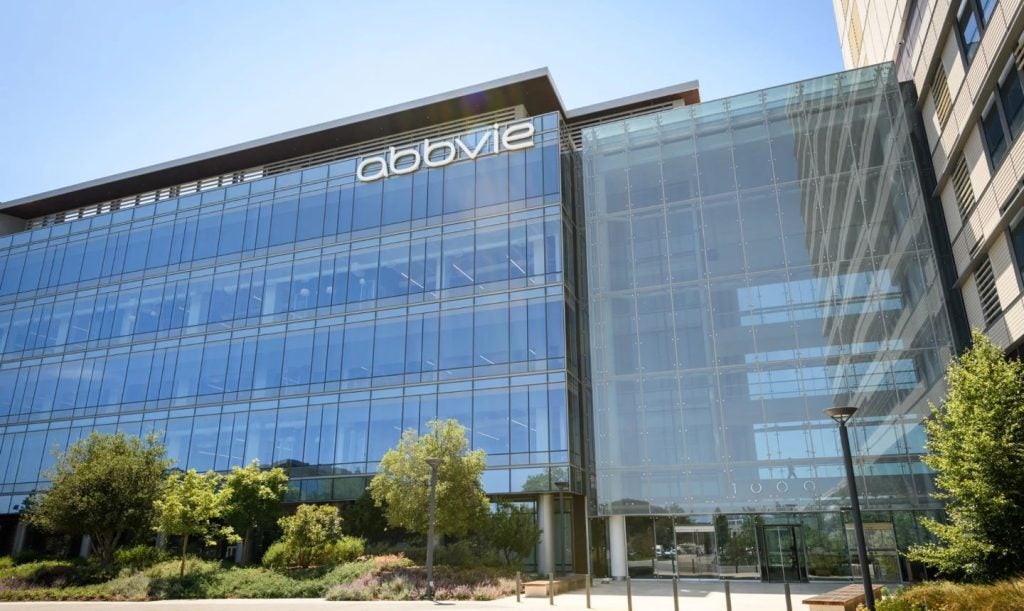The average cost to develop a drug has risen to over $2.6 billion and takes 10 years.1 It would be near impossible for a start-up company to take a compound from research through to marketing approval knowing the scale required to support late stage development programs. Often the goal is much more short term. Taking into account the fact the odds are very much stacked against you, the focus is on understanding the timing of the best possible return on investment versus the risk to get to that point. The financiers of start-up companies could be venture capital groups, private funders or money from a larger company spin-off. Knowing the Initial Public Offering (IPO) market is only now slowly coming back to life, start-up companies, or should I say their financiers, often have the goal of moving a compound through to proof of concept to enable an acquisition resulting in a return on their investment.
When larger companies begin the due diligence process, the start-up clinical team should be very involved. A goal for the clinical team is to understand how that potential parent company would approach ongoing or near term clinical studies. It is common for start-up companies to work with small, boutique contract research organizations (CROs) or vendors rather than large global, one-stop shopping CROs. Start-up companies would often feel lost and that they have no seat at the table when working with the larger CROs. These larger CROs tend to be the preferred providers of the larger/acquiring companies.
The clinical group at the start-up company is no doubt a small team but they work closely with colleagues in other departments. Any change, especially an acquisition, creates anxiety, not only for positions being eliminated, but for changes in the company culture. Employees at start-up companies are not risk-averse, they can’t be, but they usually thrive in the small-company atmosphere where every person is highly accountable and committed. It is critical to take into account the expectations of your team and to create an environment where the communication is clear and frequent even if the news isn’t going to be met with enthusiasm.
The clinical team will not only be concerned about their future at the company, or the changes in their responsibilities, and the future of the development program, but also about how the vendors, with whom they have developed a close relationship, will manage. When you work in clinical, you are always aware that the focus of the clinical trial is the patient. Despite the ‘distractions’ of a potential business transaction, the clinical group must keep up with the day-to-day conduct of the study. The patient should never be impacted by the company’s business concerns or dealings.
Vendors and CROs will have concerns as well. Will the new parent organization look to revalidate their involvement or scope of service? Will the new parent organization look to adjust the budget or timeline? Will future work be withheld? Will the internal team at the start-up change? What processes will be transitioned? It is not uncommon for activities such as accounts payable to transition to the new organization quite quickly. In this scenario, it would seem that the conduct of the clinical trial is not directly impacted, but any change in supporting processes may bring headaches and delays. Previously, one study I had worked on during an acquisition saw such a transition. Despite commitments to a seamless transition, we saw Investigator payments delayed by one to two quarters. Vendors, CROs and Investigators should be paid according to their contract, and when there are delays, no one is happy. Imagine the impact of such transitions on not only one vendor, CRO or Investigator, but 15-30 for each trial.
How well do you really know your competitors?
Access the most comprehensive Company Profiles on the market, powered by GlobalData. Save hours of research. Gain competitive edge.

Thank you!
Your download email will arrive shortly
Not ready to buy yet? Download a free sample
We are confident about the unique quality of our Company Profiles. However, we want you to make the most beneficial decision for your business, so we offer a free sample that you can download by submitting the below form
By GlobalDataInvestigators participating in your clinical trial will also be interested in any ‘Sponsor’ business deals. Changes in the clinical team, vendors, processes and timelines are concerning. Validation, however, from a larger organization to invest in the development program brings assurances as to the commitment and funding for potential future work.
The due diligence process and resulting acquisition is a stressful time for all parties. Supporting these activities are, in addition to the day-to-day support, required for clinical development programs. An acquisition certainly offers several advantages for start-up companies; additional resources, funding, validation of the merits of the development program, all to name a few. Employees at the start-up are at risk of losing their position, seniority and level of responsibility, but there could be personal financial rewards as well.
Vendors, CROs and Investigators are often not made aware of due diligence activities and are only informed once the acquisition has been finalized and announced. Efforts should be made during due diligence to identify the new parent company’s assessment and decision processes and the timeline in order to understand the impact on the day-to-day conduct of the clinical trial. These assessments will be focused on personnel and their positions and responsibilities as well as the status of current and future development activities. When the announcement is made to a vendor, CRO or Investigator, it is helpful to be able to address their concerns: what is the immediate impact to them and the impact for future activities? Not all answers may be known at the start of the transition but a commitment to clear and frequent updates will alleviate some concerns. Face-to-face meetings show the vendor, CRO or Investigator your commitment to them and the program. It takes time and money to do this but the impact is well worth it. In the end, the goal is to ensure that the clinical development program doesn’t skip a beat and patients see no negative impact from a business deal, regardless of whether it resulted in changes to the team, processes or services by a vendor.
*Michelle Gray, MHS, is the Senior Director of Clinical Operations at Proclara Biosciences (formerly NeuroPhage Pharmaceuticals, Inc), and is an Adjunct Faculty and Faculty Advisor at San Francisco State University-Extended Learning
References
Joseph Di Masi, P. (2014, November 18). Tufts Center for the Study of Drug Development. Retrieved from Tufts Center for the Study of Drug Development: http://csdd.tufts.edu/files/uploads/Tufts_CSDD_briefing_on_RD_cost_study_-_Nov_18,_2014..pdf







